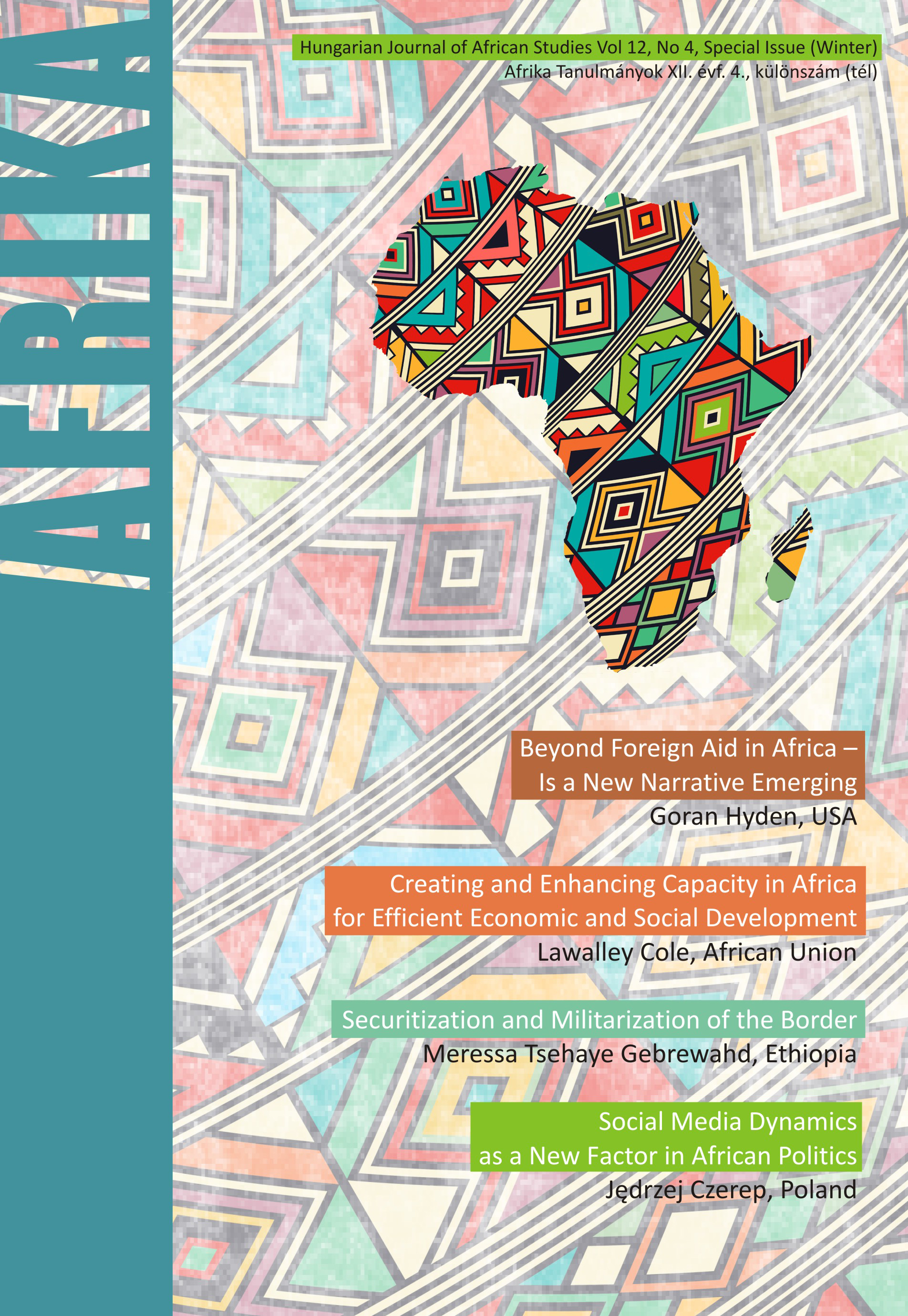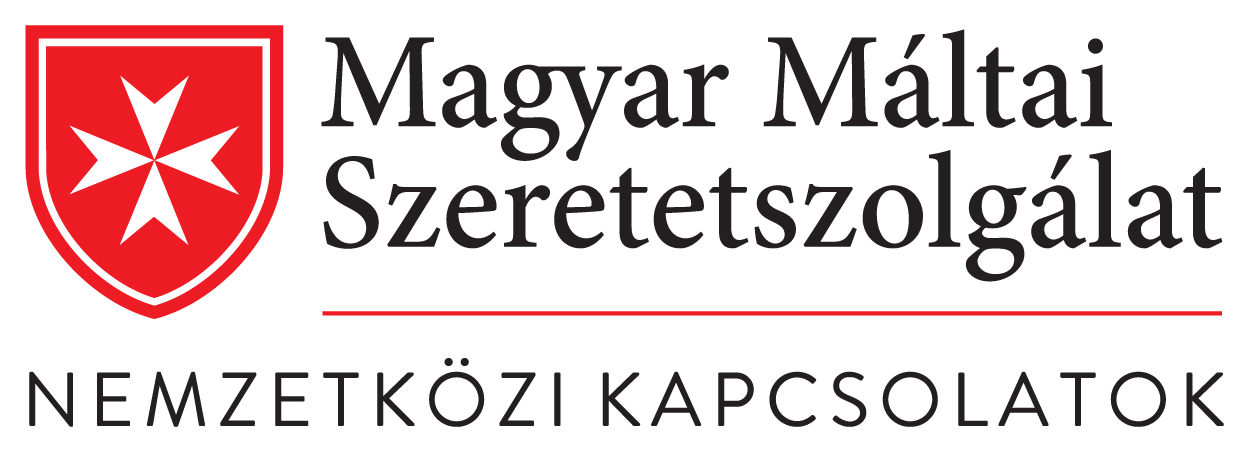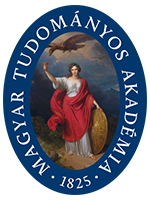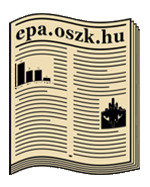A határ biztonságba helyezése és militarizálása: biztonsági dilemma Etiópiában és Eritreában 1998 után
DOI:
https://doi.org/10.15170/AT.2018.12.4.6Kulcsszavak:
Konfliktus, Nemzetépítés, Militarizálódás, Biztonság, DilemmaAbsztrakt
Az 1991 utáni Etiópiáról és Eritreáról azt remélték, hogy ígéretes és példaértékű afrikai államokká válnak. Hét év eufória után azonban a nemzeti stabilitás és biztonság véres konfliktusba sodorta mindkét országot, és kapcsolatuk most strukturális válságban van: ez a „nincs háború, nincs béke” dilemma. Biztonsági dilemmáik alapvetően az antagonisztikus kül- és nemzetbiztonsági, valamint nemzetépítési politikákra összpontosulnak. A függetlenség utáni nemzetépítési kísérlet egy militarizált, egységes nemzeti identitás megteremtésére Eritreában az „egy nép, egy szív” mottója alatt, valamint az etnikai föderalizmuson alapuló, évszázados etióp állam újjáépítése tovább mélyíti a nemzetépítési dilemmát. A két állam közötti 1998 utáni biztonsági dilemma tehát Eritrea nemzetépítési politikájának biztosításának és a Yika'alo-Warsay generáció militarizálásának az eredménye, ami Etiópiát „a szingapúri víziójának releváns ellenségévé”, Eritreát pedig „Etiópia reneszánsz víziójának és a szegénység biztonságiasításának releváns ellenségévé” tette. A határok militarizálása során Badme szimbolikusan továbbra is a „nincs háború, nincs béke” rezsim melegágya. Ez a cikk elemzi az Etiópia és Eritrea közötti 2000 utáni biztonsági dilemmát, valamint azokat a későbbi dinamikákat, amelyek kapcsolataik biztosításához és/vagy militarizálásához vezettek.
Downloads
Megjelent
Hogyan kell idézni
Folyóirat szám
Rovat
License

This work is licensed under a Creative Commons Attribution-NonCommercial-NoDerivatives 4.0 International License.
















